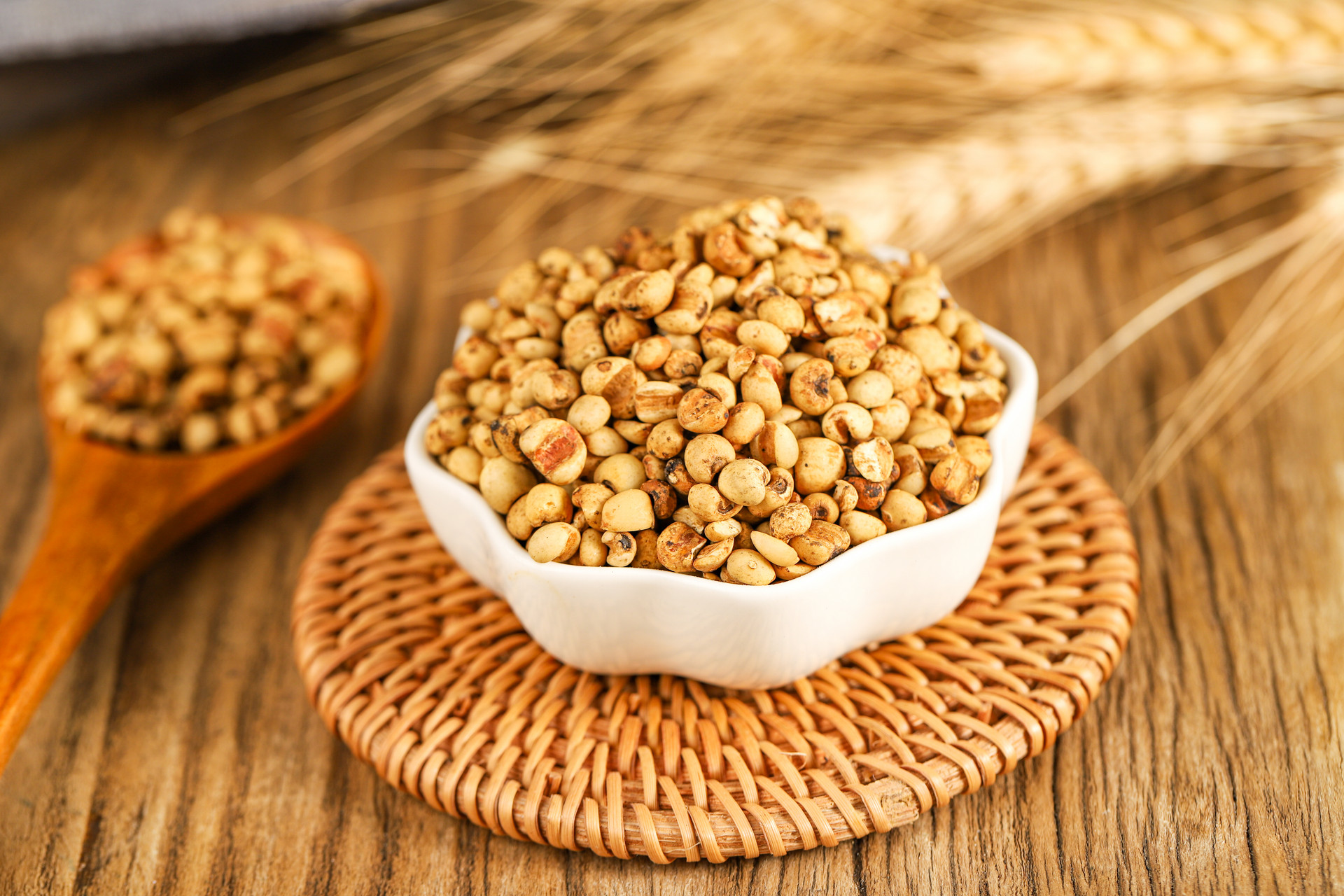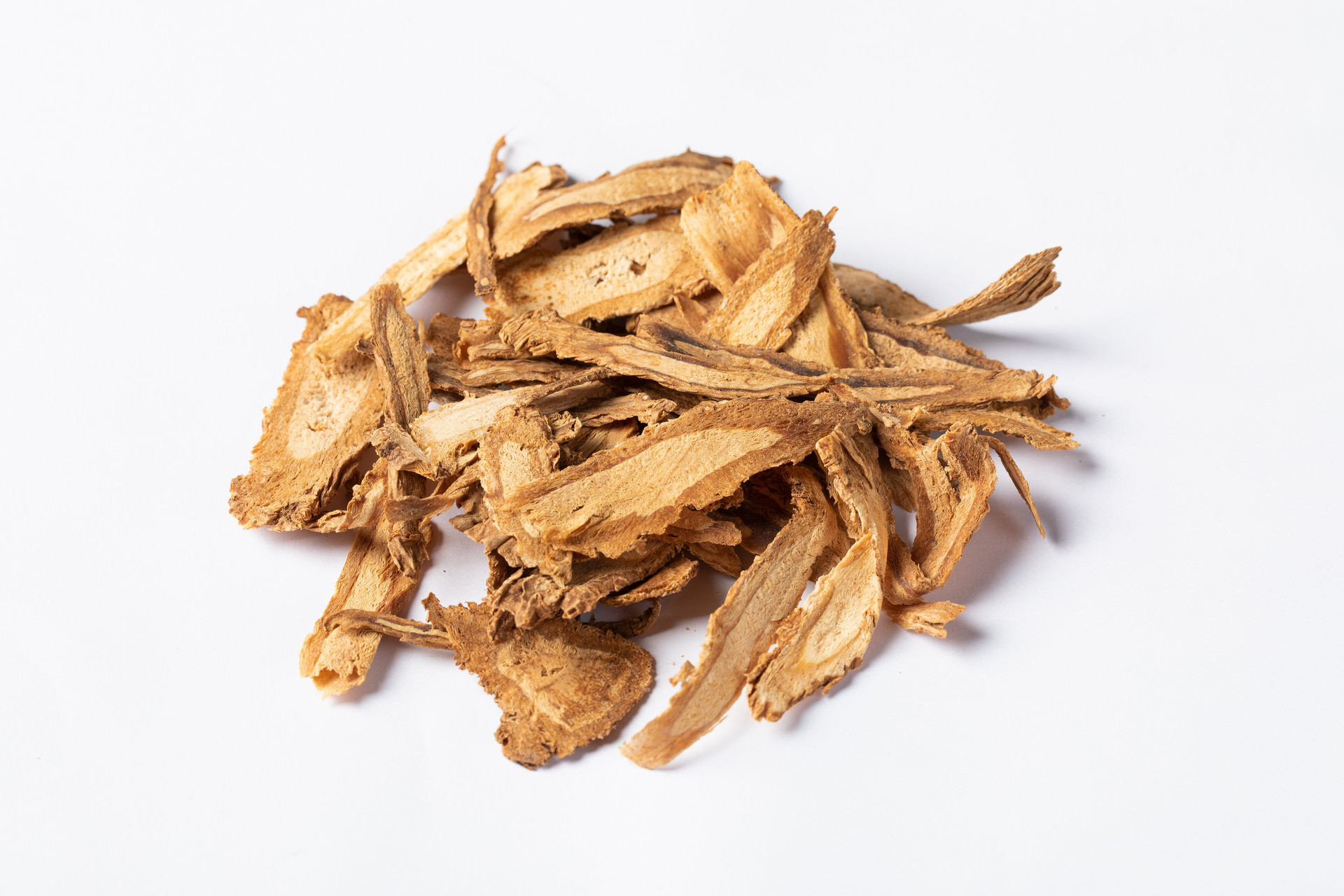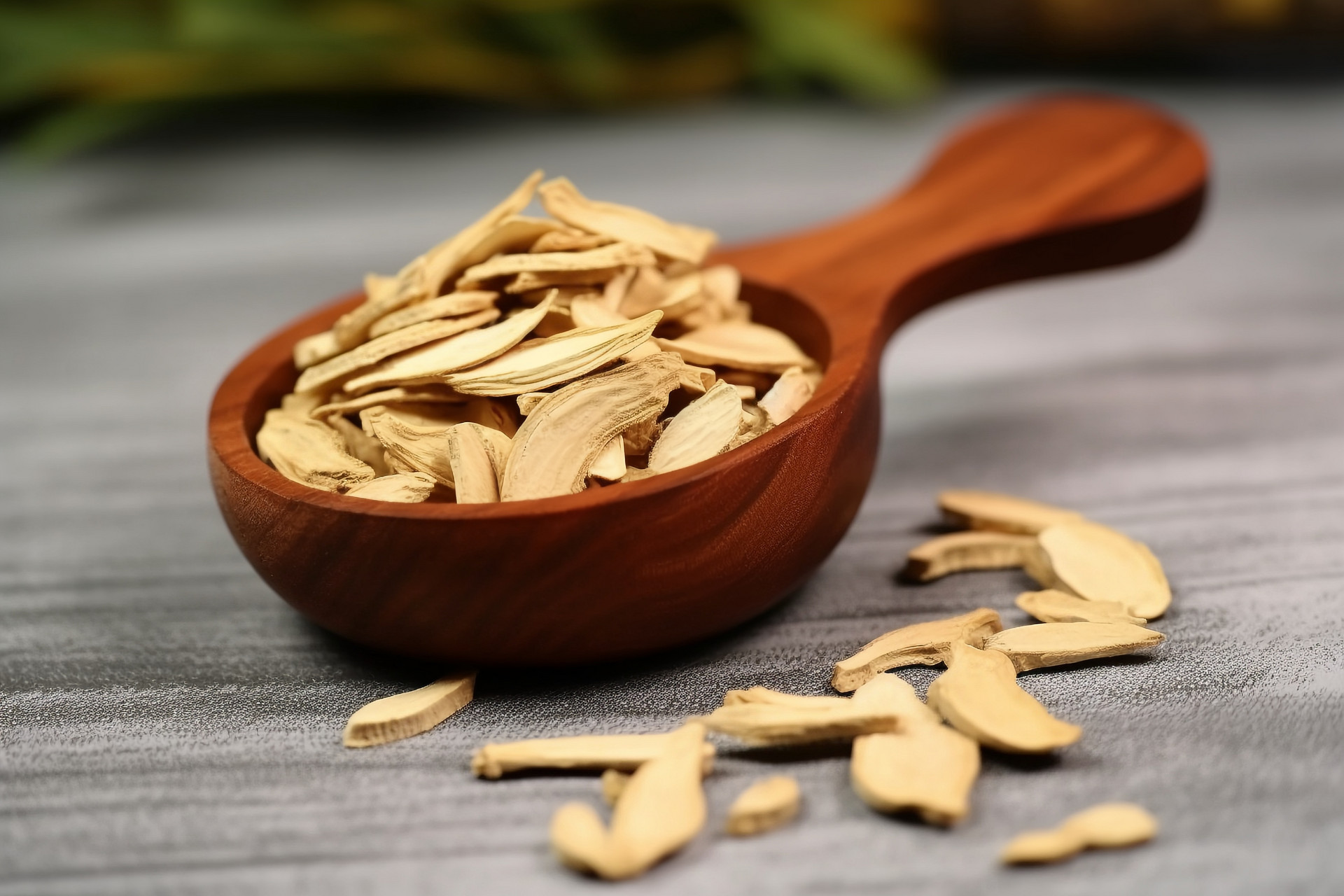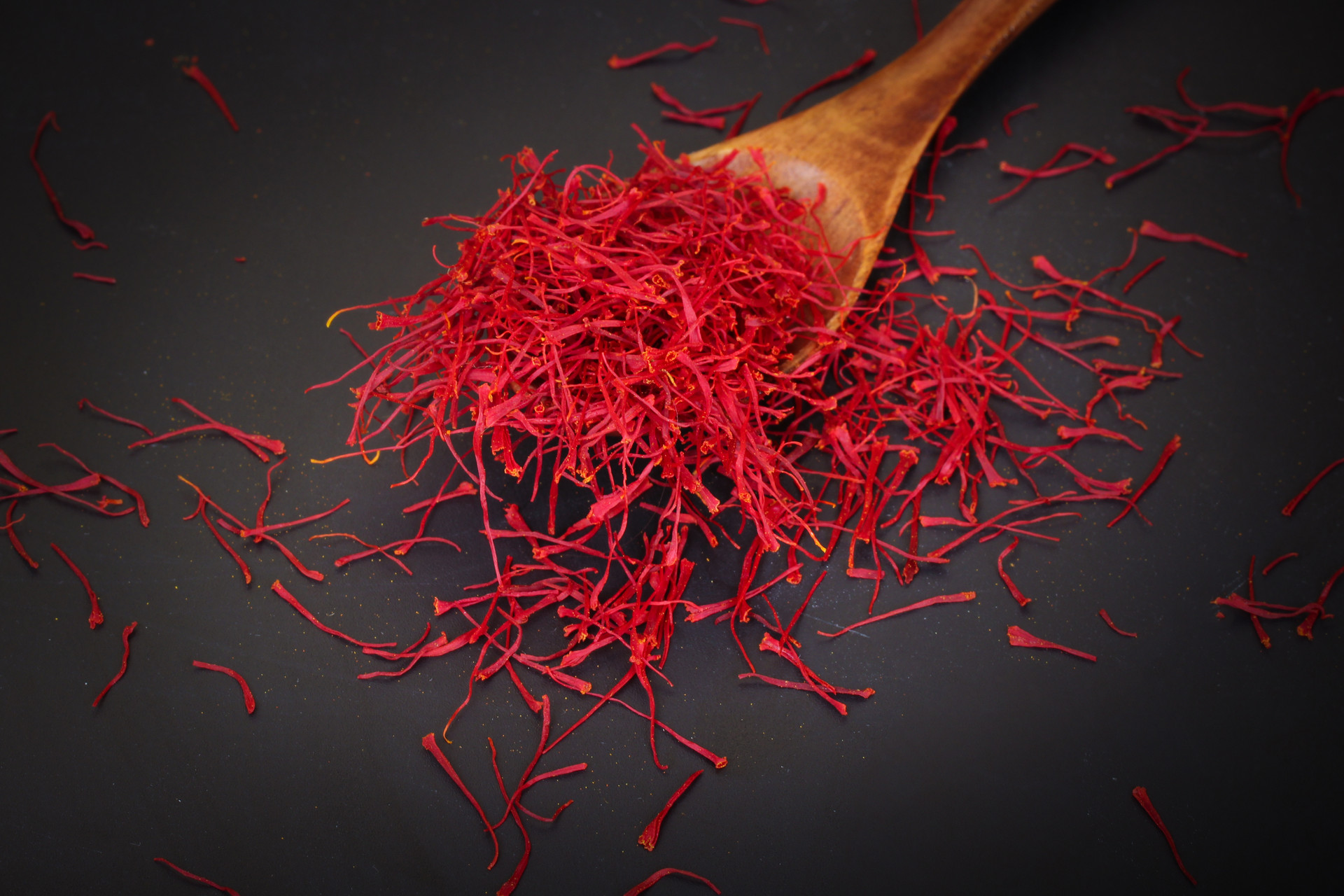Qingmuxiang

Chinese medicine Qingmuxiang, also known as Muxiang, refers to high-quality Muxiang. However, the use of Qingmuxiang in medicine may cause adverse reactions such as kidney damage. Therefore, modern

Qingmuxiang is a nephrotoxic traditional Chinese medicine. It used to be commonly used in folk medicine to treat abdominal pain, but due to its inherent toxicity, larger doses can cause nausea an

Chinese herbal medicine Qingmuxiang, also known as Fructus Aristolochiae, is the root of the Aristolochiaceae plants Aristolochia debilis and Aristolochia manshuriensis. Qingmuxiang has the effects

Qingmuxiang is a commonly used medicine in clinical Traditional Chinese Medicine (TCM). It has high medicinal value, but due to the presence of aristolochic acid, it has certain toxicity. Therefo

Qingmuxiang, Chinese medicinal name. It is harvested in spring and autumn, the roots and sand are removed, and it is dried in the sun. It is mainly produced in Jiangsu, Zhejiang, Anhui and other pla

Chinese medicine Qingmuxiang has a slight toxicity. It is the root of the Aristolochia plant, which belongs to the Aristolochiaceae family. Although Qingmuxiang has the effects of promoting blood

The traditional Chinese medicine Qingmuxiang, also known as Aristolochia debilis Sieb., is the root of the Aristolochiaceae plant Aristolochia debilis Sieb. and Aristolochia manshuriensis Kom. Qi

Qingmuxiang is the dried root of the plant Aristolochia contorta. It is mainly produced in Jiangsu, Zhejiang, Anhui, Guangxi, Hunan, Hubei, and other regions. It is used for dizziness and headache,
![[The Medicinal Properties and Toxicity of Qingmuxiang]](http://tcmmaintenance.com/uploads/20240715/9da79cd69967b21a36351a08dcbf3aad.jpg)
Qingmuxiang is mainly used in traditional Chinese medicine in the form of rhizomes. Although it has the effects of dispelling wind, promoting diuresis, clearing heat, and detoxifying, it is import

The Chinese herbal medicine Qingmuxiang is the dried root of the Aristolochia plant in the Aristolochiaceae family. It has a mild toxicity and is used in traditional medicine for its effects of sooth